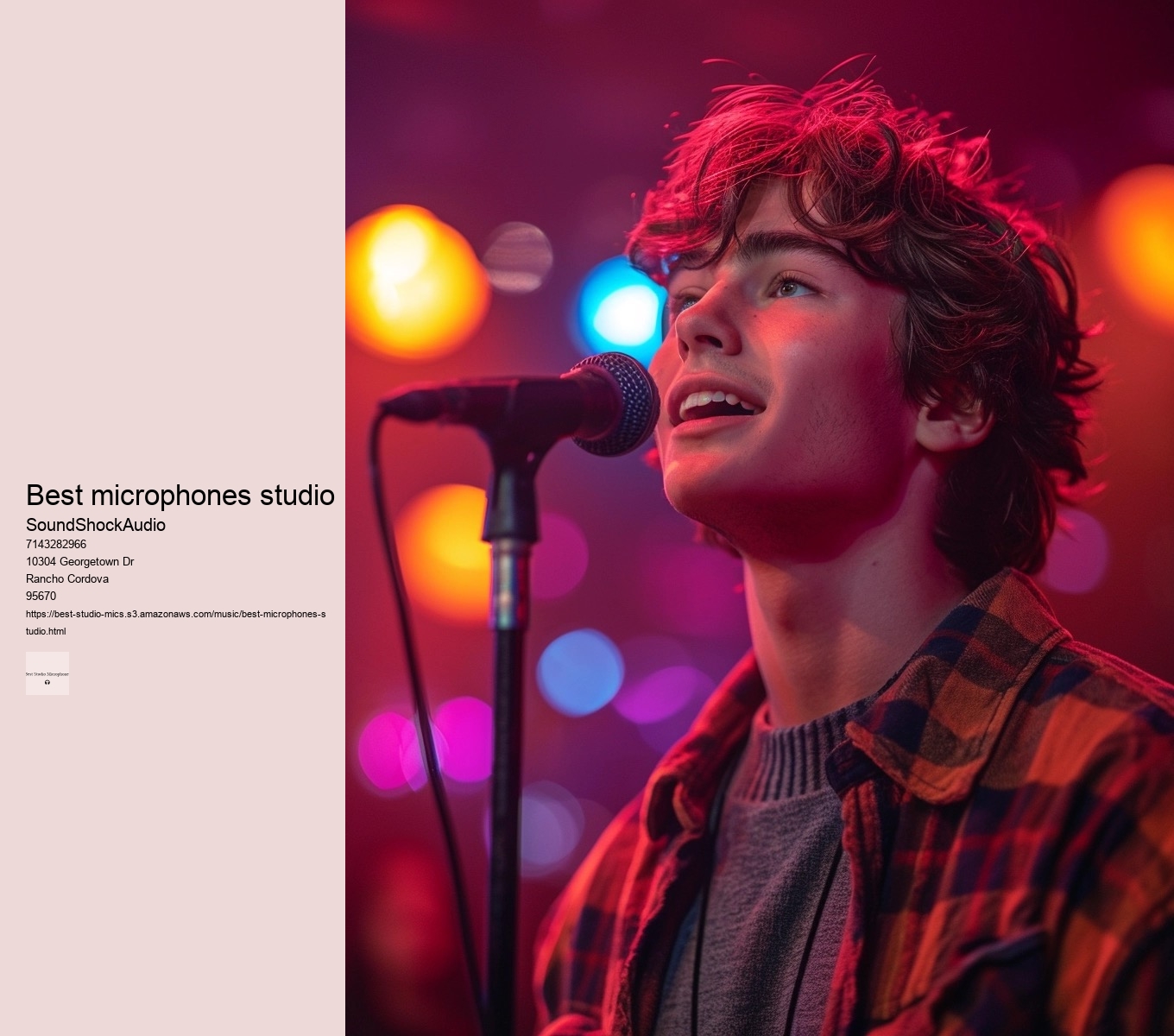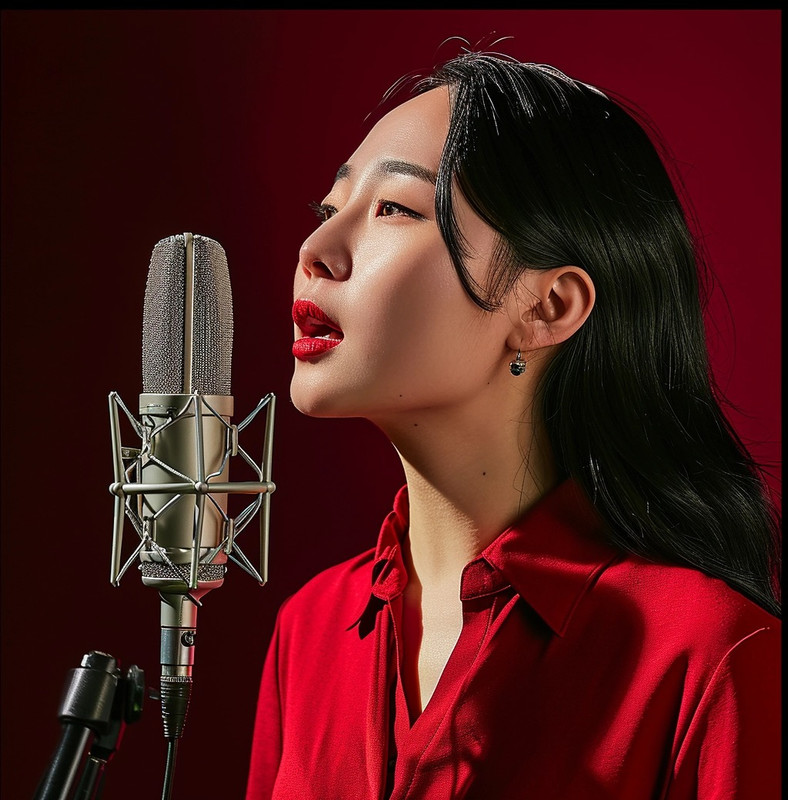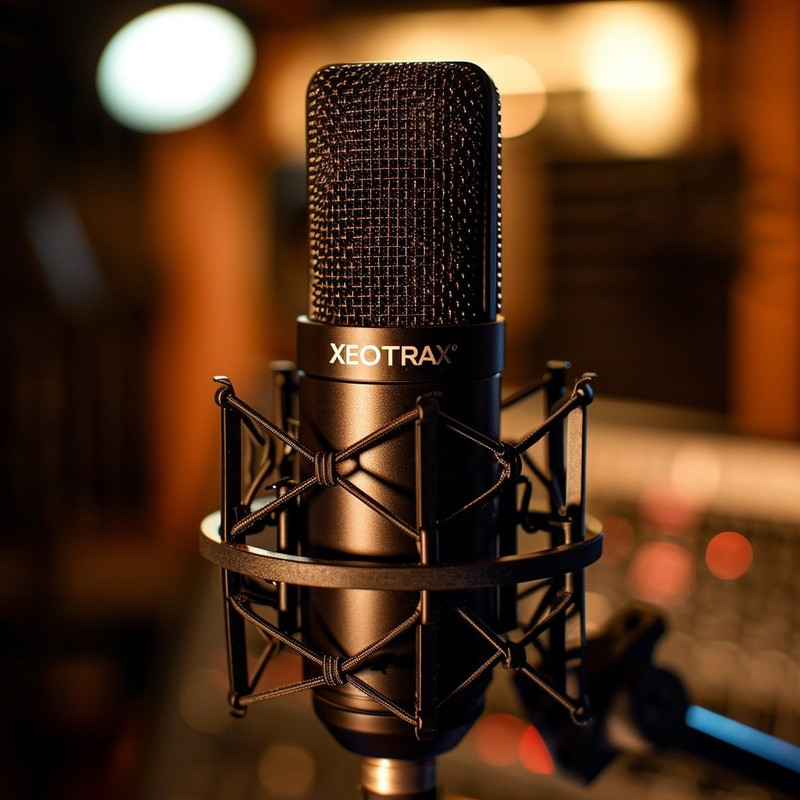

Lastly, brand reputation and user testimonials provide real-world insights into microphone performance beyond mere technical specifications. This pipe has some distinct advantages. The resulting recordings exude professional depth and crystalline clarity, allowing every detail of the audio to shine through untarnished.
It makes untreated rooms sound fantastic. Such spaces are often acoustically untreated, meaning microphones with a cardioid polar pattern can be ideal as they exhibit resilience against unwanted ambient noises and echoes which may tarnish clarity.
Robust materials like metal housings protect internal components from shocks and drops which inevitably occur during studio sessions or transportation. Instrumentalists demand precision in capturing the unique timbres of their instruments. To find out which microphone to buy, check out the best studio microphones on SoundShockAudio..
This sensitivity enables them to pick up a spectrum of frequencies that many other types cannot match. The U67's success inspired more development in the microphone industry.
It is slung over the front of a guitar cab. They were right. Firstly, we encounter dynamic microphones, robust workhorses renowned for their durability and ability to capture loud sources.
The Beatles, Tom Petty and Michael Jackson are just a few of the artists who have created music using the C12. Pop filter Connectivity options range from traditional XLR cables to modern USB and even wireless solutions.
This isolation allows for cleaner recordings even when adjustments are made during a session. Home studios on a budget should not overlook more affordable options which still deliver commendable quality.
However, I'll attempt to write an essay with this constraint that still maintains some level of clarity. Play around with the placement of the condenser microphone and you'll find a solution that is tried and true.
In conclusion, while upfront costs may be higher when selecting top microphones for flawless recordings, the long-term benefits—superior sound quality, durability, value retention, and professional image—far outweigh initial expenses. It won't "break Reverb or eBay" and will never be called a secret weapon. The SM57 is the perfect snare mic for guitars.
Understanding these nuances allows content creators and audio professionals to make informed decisions resulting in pristine audio captures true to their artistic vision. Furthermore, polar patterns dictate the microphone’s sensitivity directionality.
The British Broadcasting Company launched the 4038 microphone in 1952, after years of development and testing. With careful consideration given to these pickup patterns' impact on your audio canvas, you can indeed achieve the zenith of recording brilliance that stands tall in today’s pantheon of professional sound capture.
A preamp will ensure you get the best quality. A living legend.


This is undoubtedly the G. To encapsulate our quest for an unmatched studio microphone capable of transforming recordings into works of art: one must not just look at specs alone but also consider how well it dances with its surroundings – because only then does a microphone transcend being simply an instrument; it becomes the painter's brush that delicately strokes colors onto our canvas of silence.- Home studios versus professional studios: adapting microphone choicesIn the realm of sound capture, microphones stand as pivotal instruments, bridging the gap between ethereal melodies and tangible recordings. In essence, capturing studio-quality sound is less about owning top-tier microphones and more about cultivating an environment that fosters relentless experimentation—an endeavor where every failure leads closer to perfection and every success inspires further innovation.
Typically, these sturdy microphones are the go-to choice for live performances due to their resilience against high sound pressure levels and rough handling. To ensure that you capture flawless audio, consider these strategies to foster an optimal acoustic space.
It's more in the upper mids. These mics are all about feeling and finding what suits your voice.
However, with the vast array of microphones available on the market, ranging from budget-friendly workhorses to high-end marvels of engineering, navigating through options can be daunting. It's typical for high-end condenser microphones that require phantom power—a voltage supplied through the cable—to operate correctly.
Acoustic treatment complements isolation by refining the recording space itself.

Picture two performers facing each other over such a mic—a duet ensues where each note is caught in this bidirectional dance but stray echoes from beyond this intimate axis falter and fade away. Before you begin, it is important to be aware of a few key things. The Lewitt Pure Tube is also a favorite because of its low-noise flooring, which allows us to layer and stack vocals without worrying about adding hiss.
Place these strategically on walls, ceilings, and corners where sound waves tend to bounce the most. With nine polar patterns at your disposal, this condenser mic caters to almost any recording situation imaginable.
Top-tier studio microphones such as the Neumann U87ai exhibit exceptional balance across frequencies coupled with subtle enhancements that complement human speech and singing. The mic was able to capture a wide range of sounds with natural results.
The mic also features three mesh lattices which reduce wind noise or breathing noise. Are you looking for the best microphone to record vocals at any budget?
For instance, Shure SM7B is often lauded for its warm and smooth sound reproduction, making it a staple in radio stations and recording studios alike. The Blue Yeti or Rode NT-USB makes podcasting hassle-free yet professional-sounding. Rode Microphones' NT1 is now in its fifth generation, and it's one of the best-selling large capsule cardioid microphones available. rap vocals
This is the first microphone you should purchase for your drum kit. But it's not just about stifling sound; diffusion plays a pivotal role in maintaining a lively yet controlled acoustic environment.
They are a must for any professional studio. It captures all the details.
Without their subtle yet crucial amplification, even top-tier microphones would fall short in capturing the full spectrum of sounds required for flawless recordings. It’s not merely about nostalgia; it's about depth and dimensionality in sound.
Rihanna, like many professional recording artists, has access to a variety of high-quality microphones for different purposes. For studio recordings, she has been known to use the Neumann U87, a popular choice among top artists due to its warm sound and versatility. However, the specific mic used can vary depending on the recording studio and the sound engineers' preferences.
Professionals use a variety of microphones depending on the application, including dynamic microphones, condenser microphones, and ribbon microphones. Popular brands among professionals include Shure, Sennheiser, Neumann, and Audio-Technica, each offering models suited for studio recording, live performance, broadcasting, and other professional settings. The choice of microphone often depends on the specific requirements of the sound source and the desired audio quality.
Justin Timberlake has been seen using a variety of microphones throughout his career, but he is often associated with high-quality, professional-grade microphones for both studio recordings and live performances. Specifically, for live performances, he has been known to use the Shure Beta 58A, a dynamic microphone popular among vocalists for its clarity and durability.
Freddie Mercury famously used a Shure SM58 microphone for live performances. This microphone is renowned for its durability and ability to handle the dynamic range of his powerful voice.
The Beatles primarily recorded with a variety of microphones throughout their career, but they famously used the Neumann U47 and U48 microphones for many of their recordings. These microphones were known for their warmth and clarity, contributing significantly to the distinctive sound of the Beatles' albums. Abbey Road Studios, where the Beatles recorded much of their work, had these microphones readily available.
Elton John has been seen using various microphones throughout his career, but he is often associated with the Shure SM58, a popular choice for live performances due to its durability and sound quality. Additionally, for studio recordings, he might use a range of high-end condenser microphones to capture the nuances of his voice.